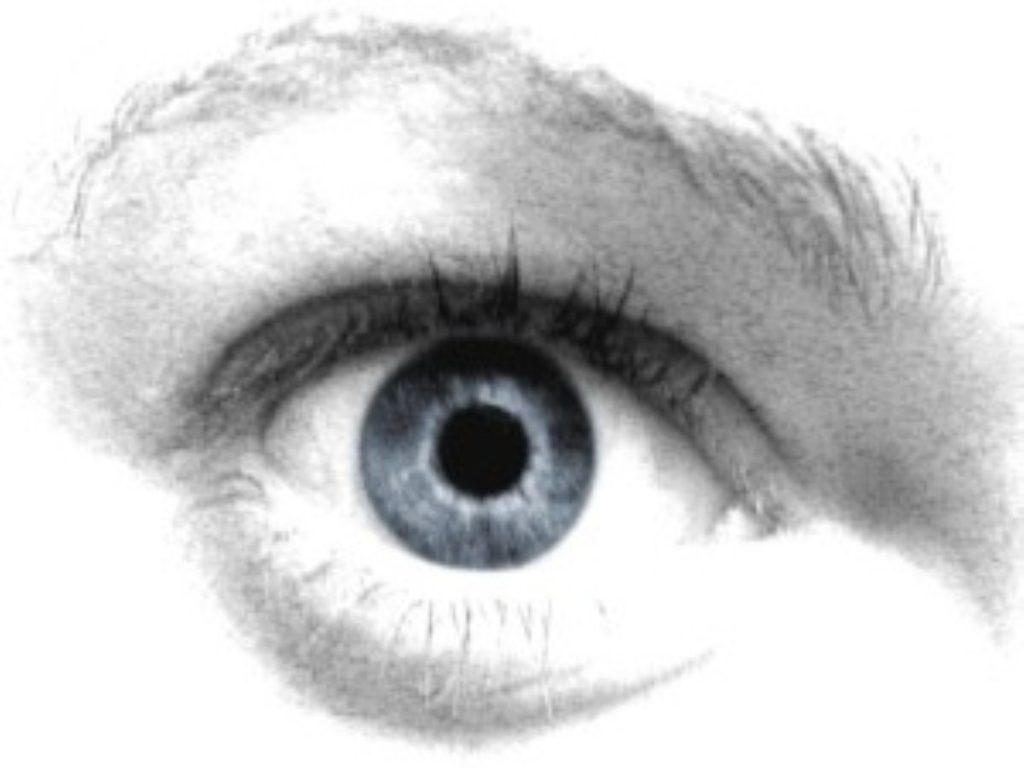Prism proves why you can never trust intelligence agencies
Sometime before 2011, the UK government was given access to Prism, a US system tracking people's online activity. In one year it compiled 197 intelligence dossiers on the back of it.
We know very little else. GCHQ may have simply provided the US with information based on the system or been given tip offs based on what was discovered there. That would be relatively safe legal territory for British intelligence.
Or it may have made requests itself, which would break the law and amount to a covert creation of a snoopers' charter based in a foreign state. Or it could have been given access to the blanket coverage of the system, which is capable of scanning emails, photographs and social media messages.
We won't know more until William Hague faces the Commons later and probably we won't even know much more after that. Hague is able to rely on the innate secrecy of intelligence arrangements.


And therein lies the problem. The very same people who told us Prism does not exist are now telling us we have nothing to fear from it.
"If you are a law-abiding citizen of this country going about your business and your personal life, you have nothing to fear about the British state or intelligence agencies listening to the contents of your phone calls," Hague told the BBC.
Hague will have to excuse us from our sighs of relief. One rule stands above all others in matters of privacy and national security: Never trust the intelligence agencies.
This is not because they are sneaky curtain-twitchers or malevolent spies. Intelligence agencies do vital work protecting Britain from attack and they are right to want to do their job better. It is understandable that they should want more access to information which would help them make their investigations easier and more effective. It is not their job to police themselves. That is the job of ministers and one they have singularly failed at.
Security agencies cannot be trusted to make a decision on appropriate levels of surveillance. And yet, under New Labour and the coalition, they have had the ear of ministers without sufficient balance from civil liberties advocates and privacy groups.
Handing the intelligence agencies the responsibility of finding an appropriate balance between privacy and security is as foolhardy as handing it entirely to Liberty or Privacy International.
It is the job of government, parliament, the press and the public to establish how we want to balance security and privacy.
But instead the political message of recent years has been to trust the security agencies to come up with the right balance themselves. They are uniquely badly placed to do so.
You can see their dirty fingers everywhere. They are present every time the word 'trust' is used. The use of the word 'trust', or its inference, is an alarm system in debates about civil liberties and privacy.
For a long time the snoopers' charter debate had no concrete proposal behind it. Theresa May would respond to all questions with the refrain that we had to catch paedophiles and terrorists – an argument which no sane person would ever challenge. She would never respond to concrete questions about the technology to be used, so we were unable to do anything but guess what the repercussions on privacy would be.
Wherever there is a lack of concrete detail, wherever the bogeymen of paedophilia and terrorism are invoked to avoid questioning, trust is being requested. And as soon as they ask for trust, you should take a good hard look around. If you can't see who is getting screwed, it's probably you.
Trust. That is always the refrain of the security industry and its pet ministers. It is the oldest, weakest argument in the book: 'If you've nothing to hide, you've nothing to fear.'
This ignores several questions: Who decides what there is to hide and fear? Who establishes whether intelligence agencies have to hide? These are basic questions about the allocation of executive power.
Hague's statement will again ask you to trust the intelligence agencies. But they never told you about Prism and now they won't tell you how they use it. The extent to which you trust them is precisely the extent to which they violate your rights.









